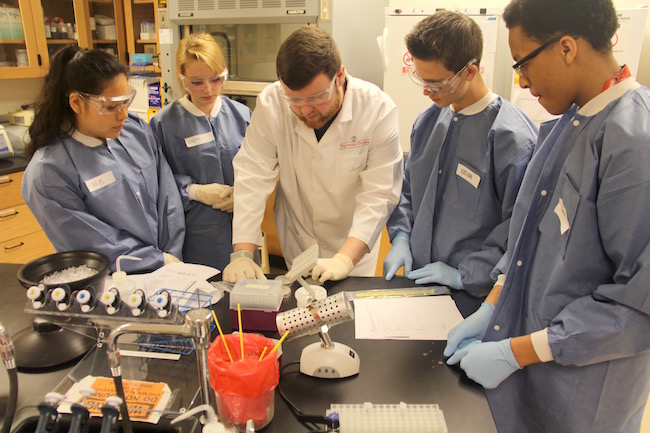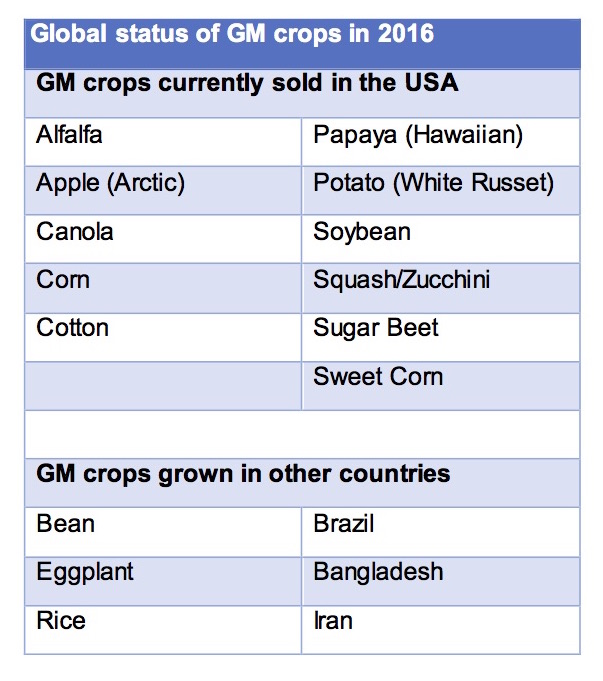Sending your child to school can be especially stressful if your child has a food allergy. Don’t worry; you and your child are not alone. Approximately 6 million children under the age of 18 in the U.S. have a food allergy.
To relieve some of the stress and to help keep your child safe, parents should plan ahead to help school personnel learn how to protect your child.
Although most teachers have had children in their class with a food allergy before, it’s important to communicate with your child’s teacher and the school staff about your child’s specific nutritional concerns.
University of Georgia Cooperative Extension offers these steps you can take and resources to share with your child’s teacher and school personnel.
- Visit the Food Allergy Network website and download Managing Food Allergies in the School Setting: Guidance for Parents at www.foodallergy.org/section/parent-guidelines1.
- Work with your child’s physician to customize a plan for managing your child’s allergy, and share the plan and a photo of your child with the school. A free, customizable template for a food allergy action plan can be found on the Food Allergy Network website at. www.foodallergy.org/files/FAAP.pdf.
- Work with school personnel to develop a written plan that meets your child’s needs in the cafeteria, in the classroom, on the playground and during other school activities.
- Tell the principal and your child’s teacher about free on-line resources at www.allergyready.com. to teach educators how to prepare for food allergy incidents and anaphylaxis.
- Talk to your child’s teacher about food in the classroom and about the importance of thorough hand washing and cleaning of surfaces to remove food allergens. Hand sanitizers do not remove food allergens.
- Talk to the school nurse about your child’s allergy and share the link to a free, on-line food allergy toolkit for school nurses at www.nasn.org/ToolsResources/FoodAllergyandAnaphylaxis.
- Properly label and provide your child’s medications to the school and replace them when they expire or after use.
- Provide the school with emergency contact information.
- Check to make sure training is provided for bus drivers, teachers, coaches and school foodservice personnel.
- Educate your child about their allergy as appropriate for their developmental level. Make sure they know the following rules for managing their allergy:
- Do not trade food with other kids.
- Don’t be afraid to ask about the ingredients in the cafeteria food.
- Do not eat anything that has unknown ingredients or ingredients that you know will cause you to have an allergic reaction.
- Tell an adult if you eat something you think may have contained an ingredient to which you are allergic.
Activities to help your child learn more about their food allergy and how to cope with it can be found at www.faankids.org.






